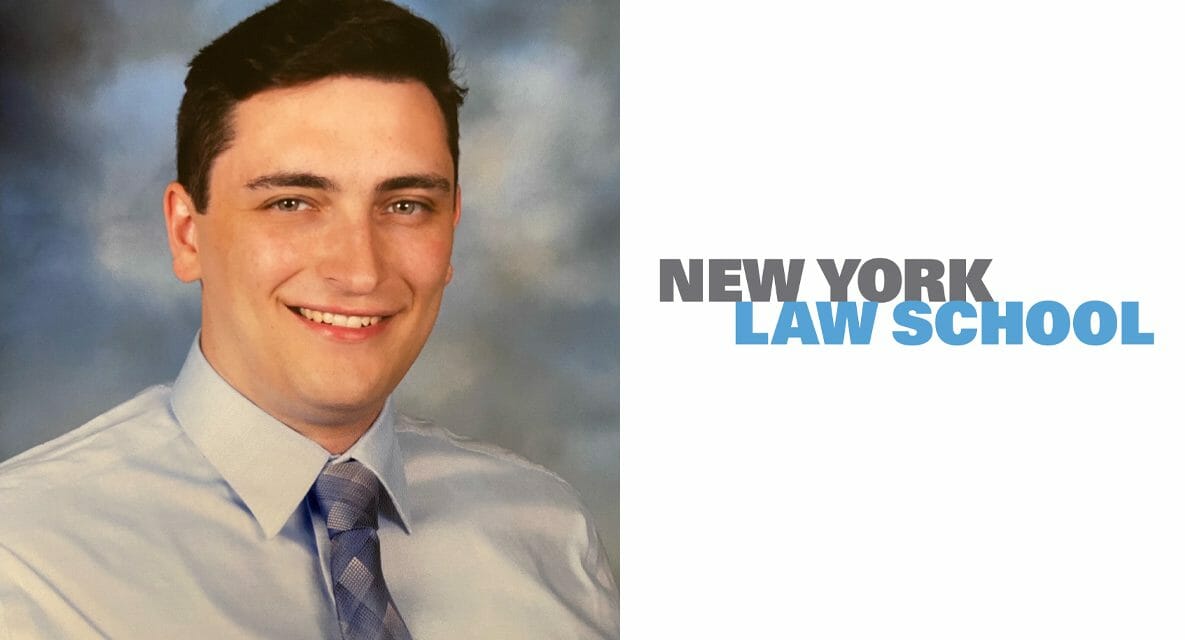Vincent Adevai ’22, who graduated from CSI with a Bachelor’s degree in Political Science, will join the other five previously announced CSI alumni at NY Law School, this fall. He will attend with an annual scholarship in the amount of $30,000.
Looking back on his time at the College, Vincent noted that both Political Science and Legal Studies gave him some much-needed insight into his future academic and professional path, “My first year at CSI, I was undecided about a major, without direction, and taking random courses. My academic performance was not what I wanted it to be. By my second year my interest in politics influenced me to declare my major in Political Science. Political science was the perfect major for me because I understood it very well and that was reflected in my improving grades. I declared a minor in Legal Studies because I had always dreamed of going to law school and becoming a lawyer. Taking law-related courses further solidified my choice to attend law school. I performed well during my third and fourth years and I ended up making the June 2022 Dean’s List. Studying with the practice test materials provided to me by CSI helped me achieve a 157 on the LSAT on my first attempt.”
As for his scholarship, Vincent said, “I am proud to have received a scholarship to attend NY Law School. I will now have opportunities that were not available to my parents or their parents. I am also grateful to NY Law School for giving me the chance to pursue a degree, which I will ultimately use to serve the public and improve society.”
Recalling his favorite aspect of CSI, Vincent pointed to “the sense of community. I feel like they truly wanted everyone to learn the material and pass without turning it into a stress-inducing experience. I particularly enjoyed the large campus at CSI because there were plenty of places to throw a football, socialize, and participate in extracurricular activities.”
What does the future hold for Vincent after NY Law? He hopes to find a position as a government attorney, practicing criminal law in a prosecutorial setting.
By Terry Mares


![[gallery] Verrazano School honors 34 grads, including CSI’s Valedictorian and Salutatorian](https://csitoday.com/wp-content/uploads/2014/05/VSchool2014.jpg)













